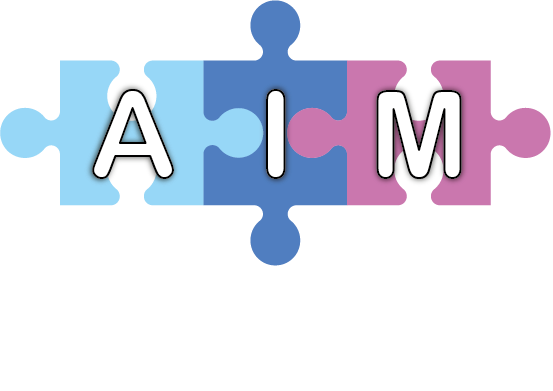I have found that loss experiences regularly enter my counselling room. Often not obvious, or clear, but out of sight, difficult to name or claim. Sometimes gains that may come with it too, are not always obvious either. I have found that for some people loss will not always be a negative experience, nor gain a positive one. It requires phenomenological exploration.
A transgender man may feel positive about gaining an ability to be able to sit at a bar on his own without being hassled or to walk home feeling relative safe. But the sentiment behind that gain in privilege, may be mixed with anger or negativity. It may not be felt to be a positive gain, their transition experience serving to reveal for them the inequities that exist in society.
We can mourn the loss of hope for the future or feel joy at losing an abusive relationship. Losses can be ambiguous, hard to name, or be recognised properly by others, such as feelings that arise when a loved one goes missing, or a friend or relative moves far away.
One loss can lead to more losses; with the passing of someone, identity can be lost too. One may gain a new, unexpected, perhaps unwanted identity. Society may apply labels to us that we do not want, nor ever expected to acquire, such as, “Widow”.
Gaining the identity of, “Only child”, when a sibling passes away, could be very hard to navigate through. The experience perhaps compounded even further when a twin passes away, and a new identity emerges that was never anticipated. We live in an assumptive world, and when our assumptions are challenged through a loss it can create incongruence, and a ripple of further losses too. It may include losing financial security, trust, mobility, and friends, especially if they are unable to provide a source of support concerning that which has been lost or gained.
From the moment we are born, we naturally construct a view of the world, when those expectations about it are shattered by an unforeseen loss, it can sometimes be hard to work through, we begin to question our beliefs. It can bring anger, shame, guilt, or denial. For some people the pain of a loss, can have mixed emotions. Gain in terms of happiness when liberation from a former way of life or relationship is found too. A new way of living, experiences, skills, insight on self, losing some friends but gaining new ones, allows loss to feel less painful. Finding a way to accept that a loss has occurred, can be underpinned through any gains, which help to mediate the experience.
Many factors determine someone’s ability to work through loss. Its circumstances, their relationship with it, personality, optimism or pessimism, and sources of support. Support may include simply being allowed to talk about it; not always possible in a society that can be quite judgemental. It can be helpful to have freedom to give attention to loss, looking back at the past, the present, and the future too. Talking, saying out loud what we feel, allows time to reflect on the meaning and purpose we give to life, which may have been lost too.
As a non-judgemental person-centred counsellor, I am here to listen and help people examine their feelings and experiences to shed light on loss and gain. Talking, in a declarative way can be incredibly useful. This is because by bringing issues out of unconscious darkness, by naming and claiming something that perhaps was not always clear is an important process in working through the tasks of mourning.
